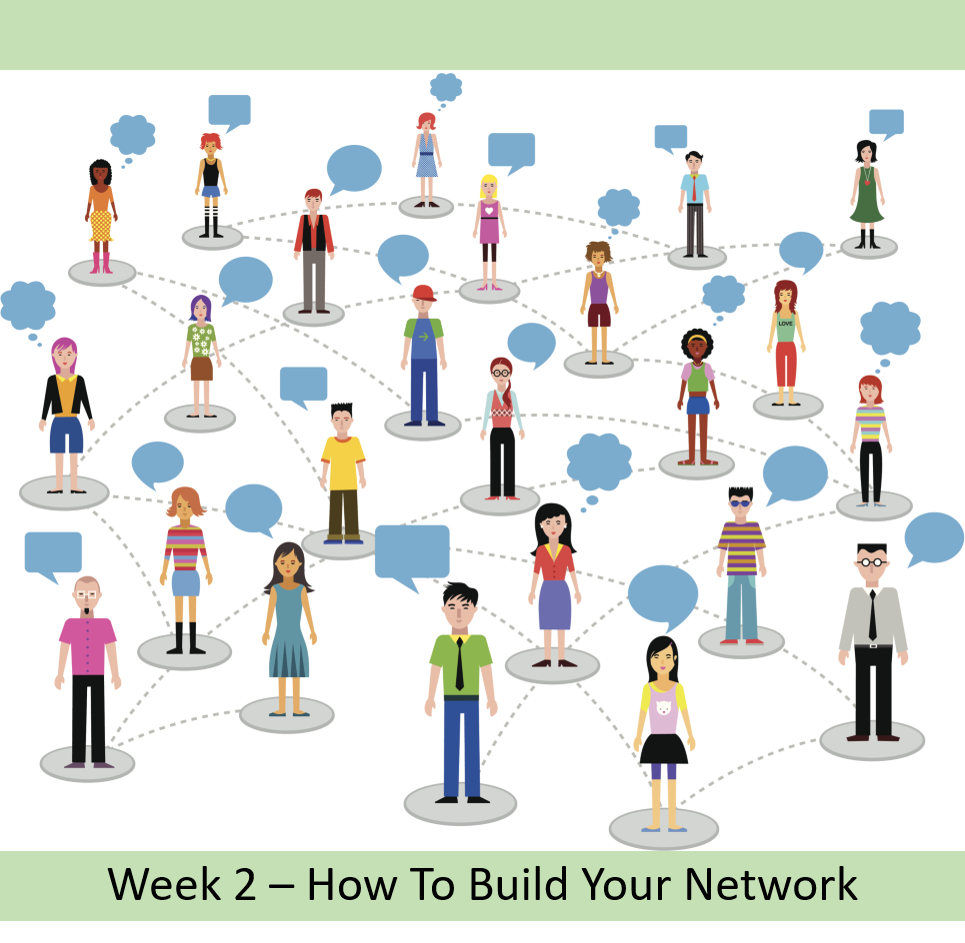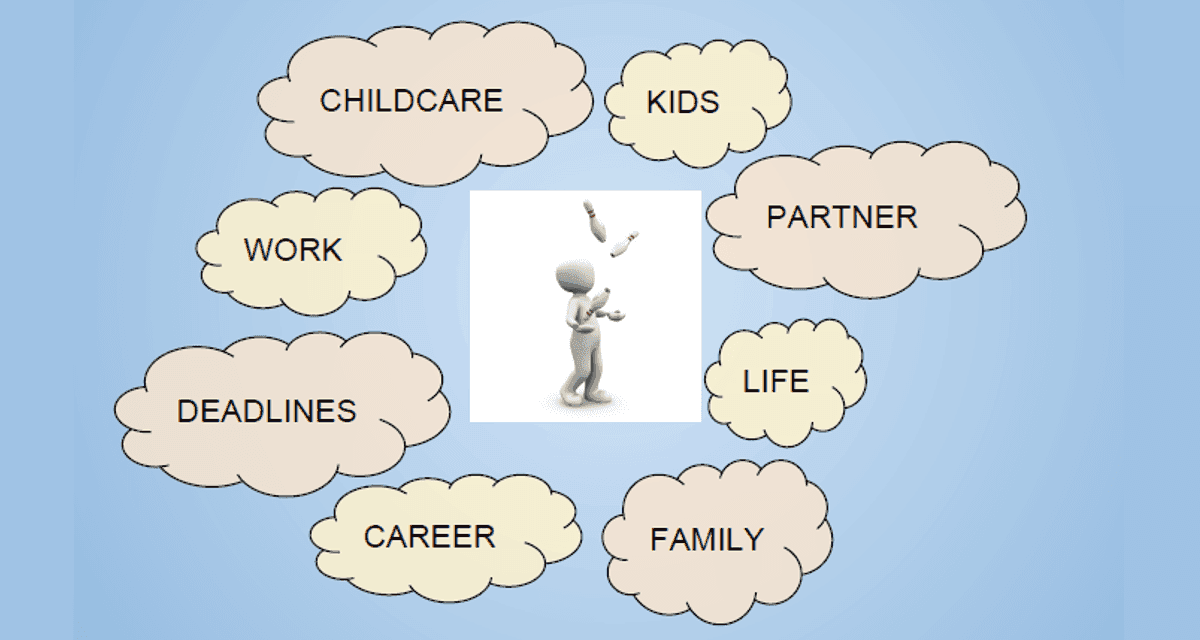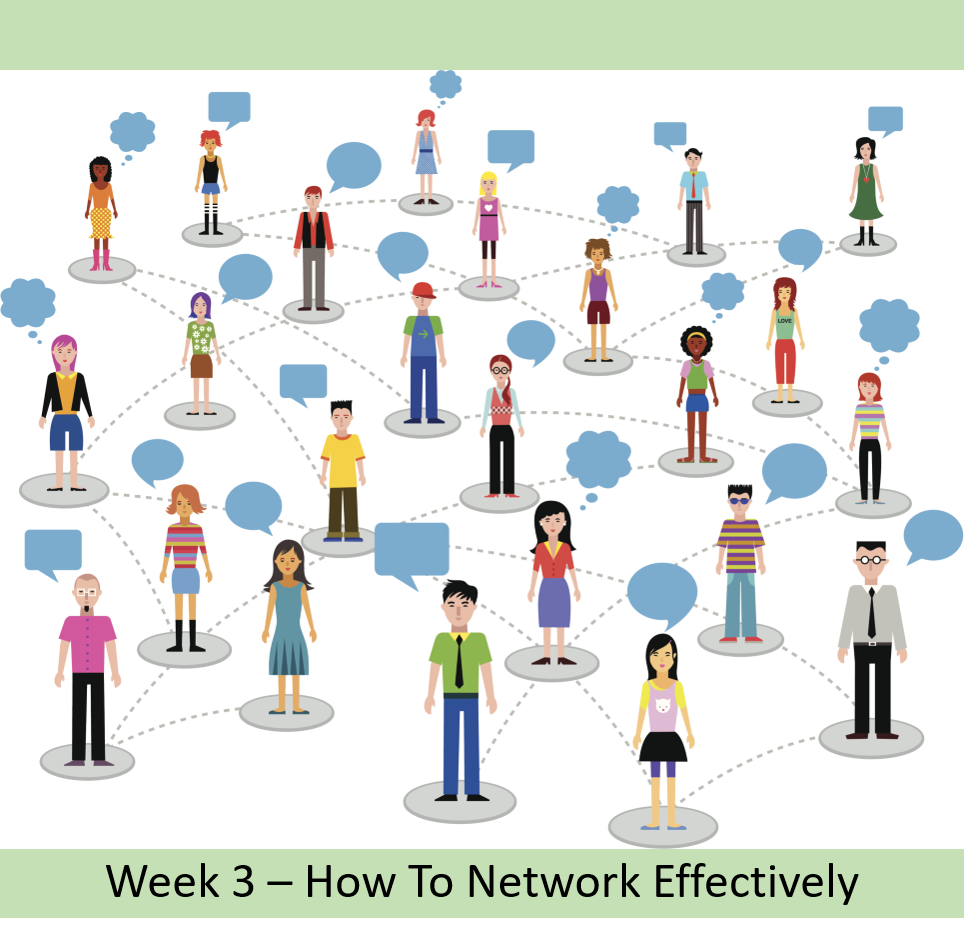Are you one of those people who sometimes cringe with insecurity and constantly see yourself as ‘less than' compared to others? If so, then this article is for you!
WHAT IS SELF-CONFIDENCE?
Most people think of self-confidence as a general quality. You either have it or you don’t. Thinking this way is unhelpful as you stop believing that you have the power to improve your own self-confidence. As such, you can feel disempowered and are less likely to be able to move forward positively. The way we think about self-confidence can hinder or help in our ability to build up our own self-confidence. The most helpful definition I have found defines self-confidence as:
‘The belief in your ability to face a challenge and succeed.’
If you think of self-confidence as your ability to meet a challenge, then your belief in your own ability will depend upon the challenge. In this article, I'm drawing on my 20 years experience of coaching and the good news is that low self-confidence is something that you can fix. You can BUILD your self-confidence and you can BORROW your self-confidence.
1. BUILDING UP YOUR SELF-CONFIDENCE
Practice makes perfect! The more you practice something, the more self-confident you become. You CAN overcome your negative thinking and fear of what others may think of you. How? By continuously exposing yourself to different situations and pushing through the uncomfortable until you become more comfortable. In doing this, we improve our skills and reach the growth stage shown in the comfort zone diagram below. In the Growth Zone, we become more confident of our abilities and are able to conquer our objectives and set new goals. Having achieved some success makes us much more self-confident that we can do it again.

2. HARDWIRE YOUR BRAIN TO BELIEVE YOU HAVE DONE THIS
The chemical response in our brain doesn’t distinguish real life from what we may imagine! The stress response evolved in humans to give us the ability to fight or flee when faced with danger. Chemicals including cortisol and adrenaline help kick start the body, pushing blood towards the major muscles to give you strength. But the exact same stress response kicks in when you imagine danger, also producing cortisol and adrenaline and pushing blood around the body. The same chemical response is produced regardless of whether the danger is real or imagined.
So, what does this mean for me? It means that what you imagine to be happening, as far as the brain is concerned, is actually happening. You can use this visualisation technique to your advantage and practice visualising those situations where you feel less self-confident. The more you practice and envision success, the more you will trick your brain into thinking you have already successfully completed the task and thus you will be successful again.
Successfully completing a task using Mental imagery and visualisation has long been employed by professional athletes to boost their strength, confidence and results.
3. BORROWING SELF-CONFIDENCE
When you are feeling fearful, think of a situation in the past where you did successfully achieve your objectives. Remember what you were thinking and how you felt at the time. Envisioning the success of that past occasion can enhance your motivation and self-confidence in successfully completing the present task.
You could also surround yourself with people who have the skills and expertise to do the things you want to do. Learn from their examples and their mistakes, until you feel confident to try it for yourself. In other words, ‘borrow’ confidence from people who have already done it.
4. YOU BECOME WHAT YOU SAY
Our pattern of thinking and the language we use every day impacts how we experience our world. Typical examples of negative thinking can be using words like ‘always’ and ‘never’ in relation to a single event or experience. A typical example might be ‘I always seem to be stopped by every red traffic light all the time.’ Try to minimise catastrophic thinking such as this. Capture that negative thought and try to replace it with a more positive thought such as ‘I may be stopped by some red traffic lights sometimes but I am also lucky and go through on green on other occasions.’
SUMMARY
We have redefined self-confidence as the ‘the belief in your ability to face a challenge and succeed.’ By relabelling self-confidence like this, we learn that our levels of self-confidence depend on the situation.
Based on the clients I see in my own career coaching and well-being practice Naturally Excel Coaching, it is very common for even the most successful and capable individuals high up on the career ladder to suffer from a lack of self-confidence. Unchecked, this can be debilitating and have significant negative impact on us including excessive stress, intense fear of failure and workaholism.
We have discussed four steps that can help you improve your self- confidence.
-
You can build up your self-confidence over time by practicing those situations you feel less confident in.
-
You can surround yourself by confident people and ‘borrow’ from people who have already done it.
-
You can hardwire your brain and trick it into thinking you have already done the task by using visualisation and mental imagery techniques.
-
You can try to replace catastrophic thoughts and statements with more helpful patterns of thinking.
By following these steps, you will be able to move from ‘I can’t do it’ to ‘I can do that. Watch me!’
I really hope you have enjoyed reading this article. If you have, it would be great if you could endorse my skills 'coaching' and ‘blogging’ on my profile (https://www.linkedin.com/in/annacolebourne). My great client testimonials are also shown here. For more details of how I can help you, please visit https://www.naturallyexcelcoaching.co.uk.







